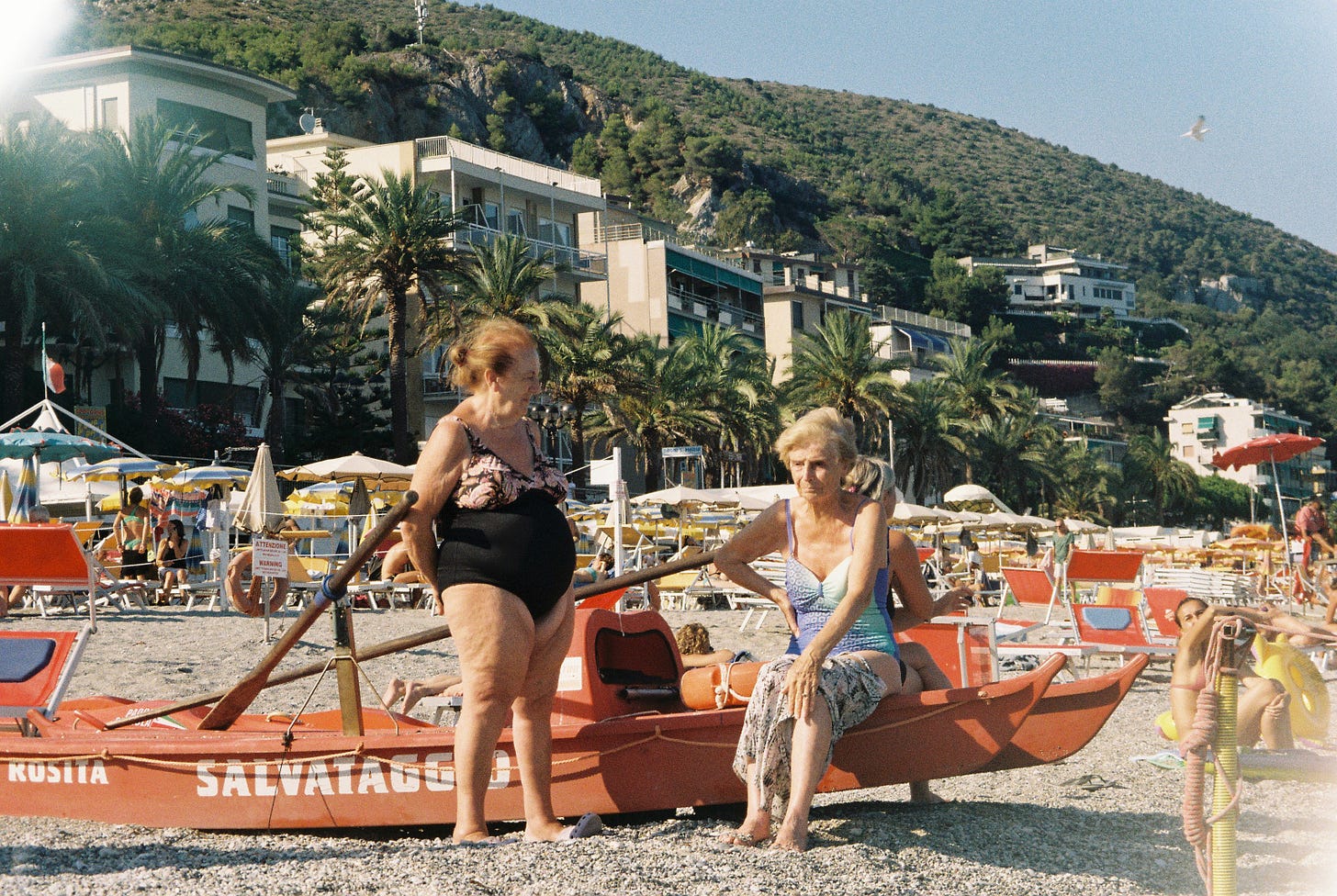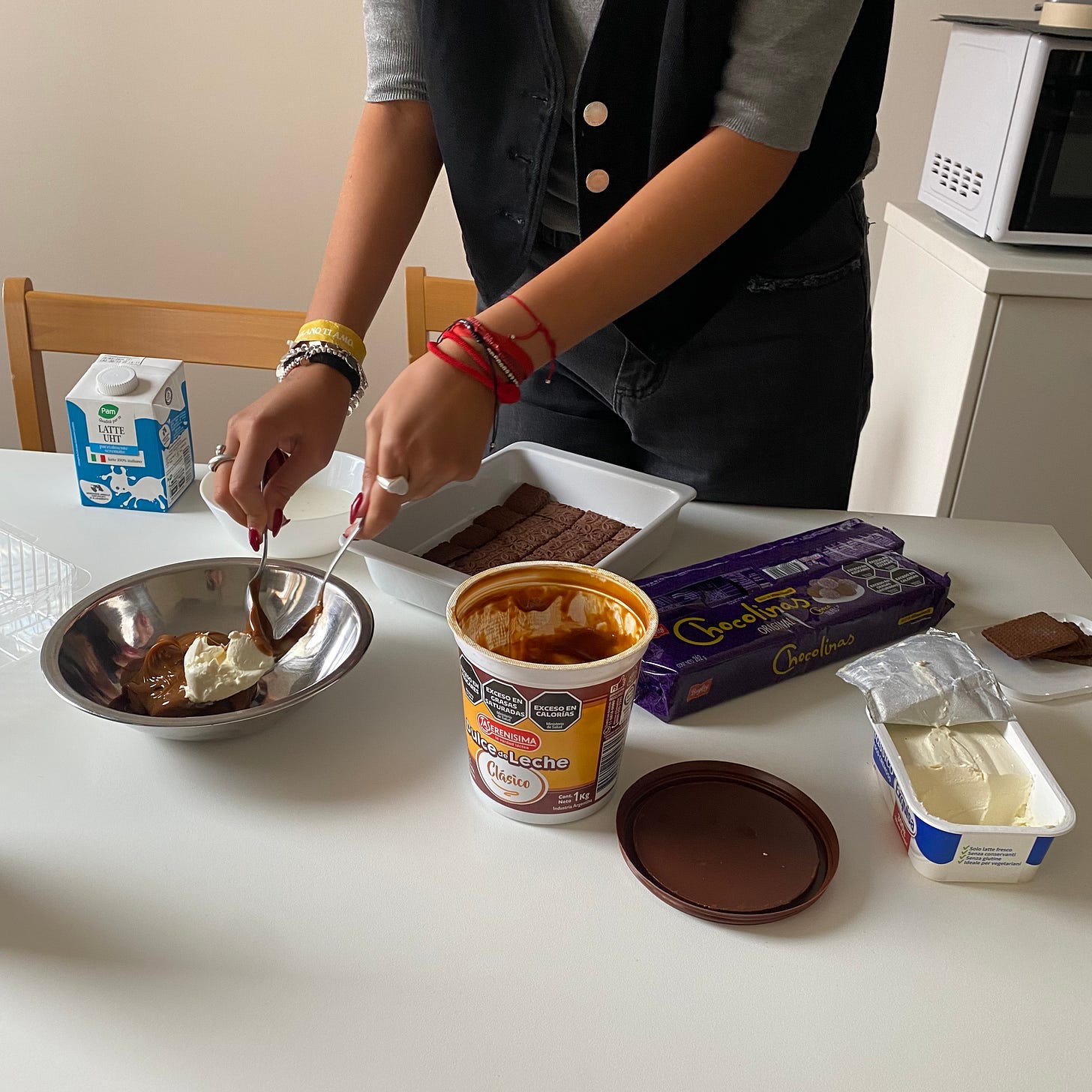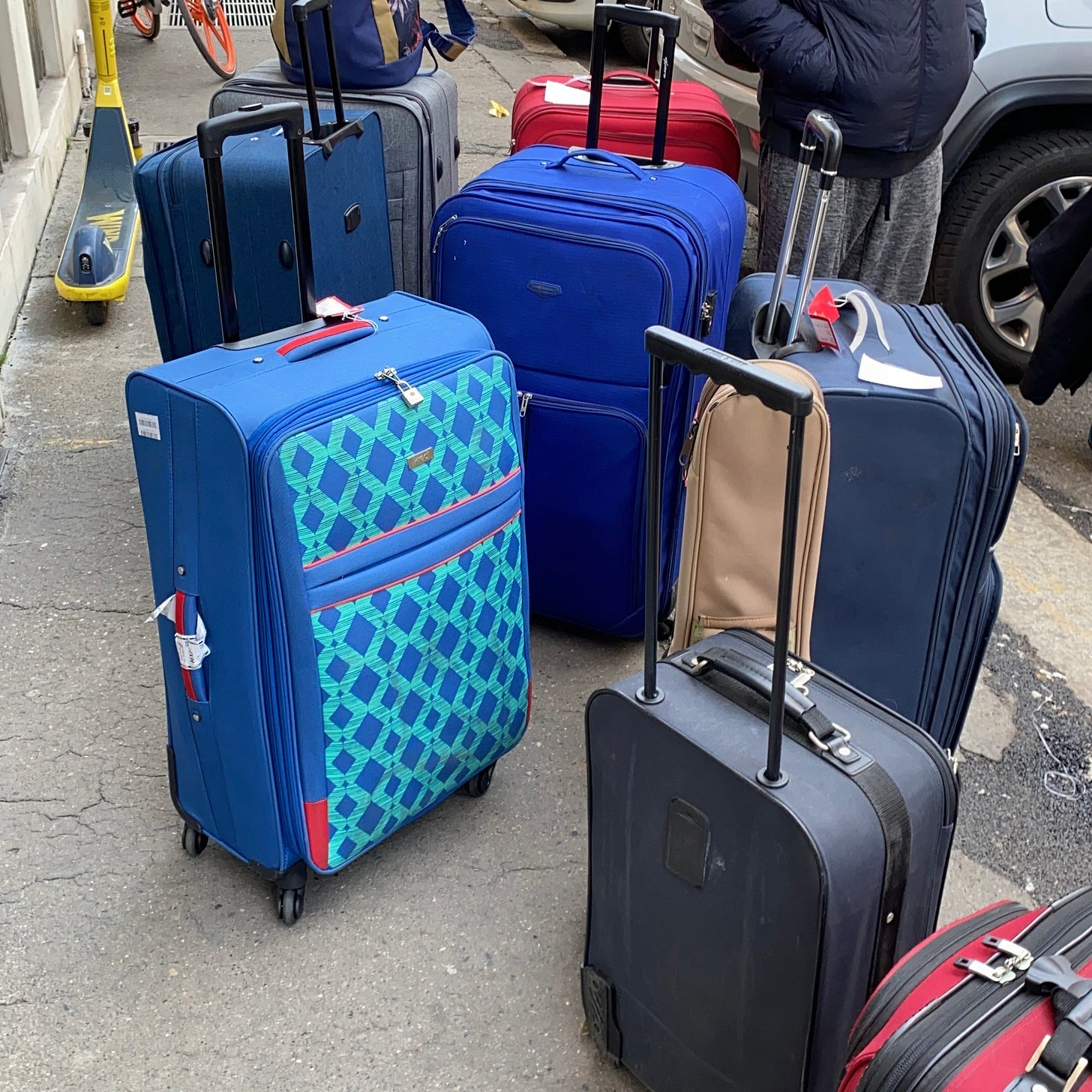“Men dream more about coming home than about leaving.”
— Paulo Coelho, “The Alchemist”
My nonna emigrated from Italy to Argentina when she was 15 years old. Every time I visited her she would talk about the war, compare the quality of the local ingredients with those of her hometown in Parma, and recount how every single thing there was better. Nonna spent her life in Argentina talking about how beautiful Italy was. Our relationship was not the best, it bothered me that she complained so much about where we lived and I didn't understand why she didn't go back to her country to grow old once the war was over if that's what she really desired.
Two years ago my family decided to settle down in a small town in Liguria for the summer. This place had what all Italian coastal places have: a narrow main avenue and a famous bar where teenagers hang out, beach clubs crowded with colored umbrellas and kids running with melted ice creams. On Fridays, vintage Italian disco music plays in the central square, where families dance around in their flip-flops. The Italian coast town sounds and looks like my worst nightmare.
I occupied most of my days by the seaside lying on a sofa bed with the A/C on reading books I downloaded from the Internet as PDFs. I drank iced coffee with 4 teaspoons of brown sugar and went to the beach by midday. There wasn't much to do, so I sat on the shore with my headphones on and dissociated by looking at the sea. Some days it was so calm it resembled a giant swimming pool. With my eyes fixed on the line dividing the two blues, a string of thoughts would invade my head and I’d let myself go.
…
I would look at the sea and get sad because I missed my country. My friends, my house, the places I frequented, the jokes that can only be made among a certain group of people. I saw pictures of my friends in Buenos Aires who still lived with their parents and had gotten into a relationship with someone who probably graduated from a school near ours and fantasized a bit with that familiarity. In this multiverse movie of my life, I still comfortably sleep in my queen-size-bed with the pink furry duvet cover. How would my life look like if I’d never left? Would I feel sorry for myself for never asking for more, or would I be so deeply immersed in my own reality that I wouldn't even notice? Would I’ve been spared many painful realizations if my destiny had not led me to sail for two months in the depths of my boredom on the Italian coast?
The children jumped, dived and disappeared into the water as the waves erased the traces of their last footsteps in the sand, and I thought about how as I continued to create in this new life, I slowly lost ownership of the old one. Most of my craziest experiences happened in Milan, where I made the leap to adulthood. I didn't know any of the current cool places back home and my last anecdotes there had been made years ago. I was no longer growing up in my city, but lived in it through what I remembered. With each dip in the ocean, I felt that it belonged to me less and less.
How many visits to my past did I have left until I exhausted the few memories that granted me access to it?
…
Summer was finally over and I came back to Milan. There was no boredom to sit with nor oceans to stare at, but the thoughts were still there.
Why? I believed this nostalgia and curiosity of “what could have been” only visited when I was uncomfortable or anxious, since every time something went wrong in my new life, I remembered the old one with awe. It was my cozy pattern, lazy escape. A quiet time that couldn’t possibly speak up to contradict me to which I ran to take refuge under. Romanticizing the past was my coping mechanism for when things didn't work out in the present.
But even on quiet Sunday afternoons and moments of simple gratitude, those when, walking down a narrow cobblestone street, I looked around and couldn't believe I’d actually moved to Italy, my past kept finding ways to sneak in and fill my eyes with tears. Reminding me where I came from and making me wonder where I was headed. Inviting me to hate those very streets because they were not the streets of my home, but making me appreciate them simultaneously, because we didn't have those streets at home. The question I’d asked myself on the beach and the sorrow I felt for fear that a part of me would fade away, that my memories would abandon me (or that I would abandon them) were totally stupid: I’m condemned to this duality. Maybe even blessed with it.
Thinking about home is not a comfortable template, a vague release. It’s not a silent time, but actually a very loud one. It’s an unbreakable tie, an agreement found by both sides, eternally bound. Thinking about home is reaffirming a pinky-promise. One I’ll forever keep.
Last Sunday, Mimi and I cooked Chocotorta in my flat in Porta Romana. A phrase written by American poet Maya Angelou came to mind: “You can never go home again, but the truth is you can never leave home, so it’s all right.”
Nonna passed away when I turned fourteen and could never find out that my family and I moved to her beloved Europe. Today, I understand her in a way that I could never have, even if I had sat down and listened to her talk for hours. Sometimes I think it was was orchestrated by her, all this uprooting, to make me feel firsthand what it is like to escape your motherland in search of a better future; there is not a day I have lived in Italy without talking about Argentina.
February 27th, 2021. Outside our first Airbnb in Centrale, where me and my brother brought our life.







